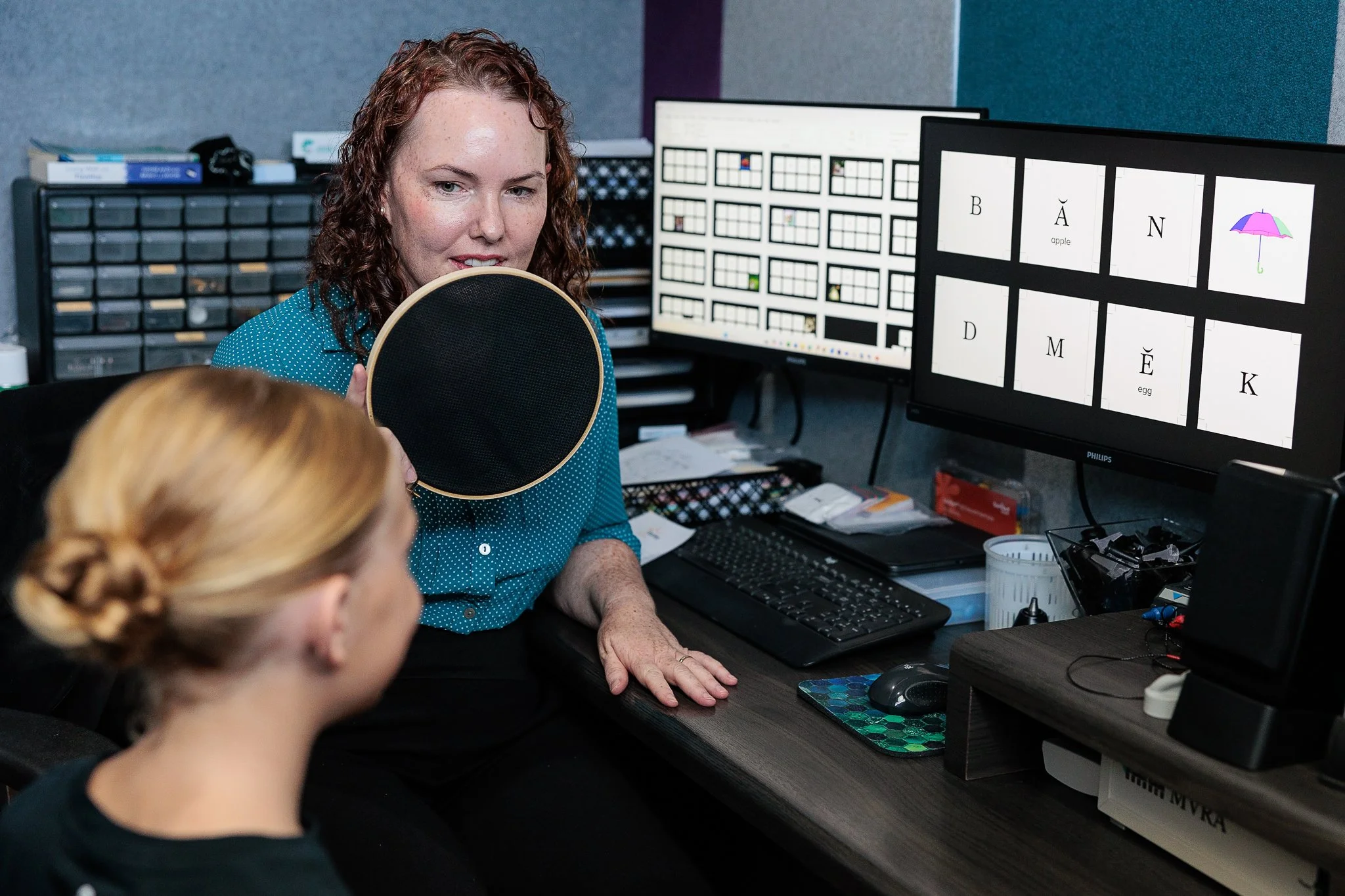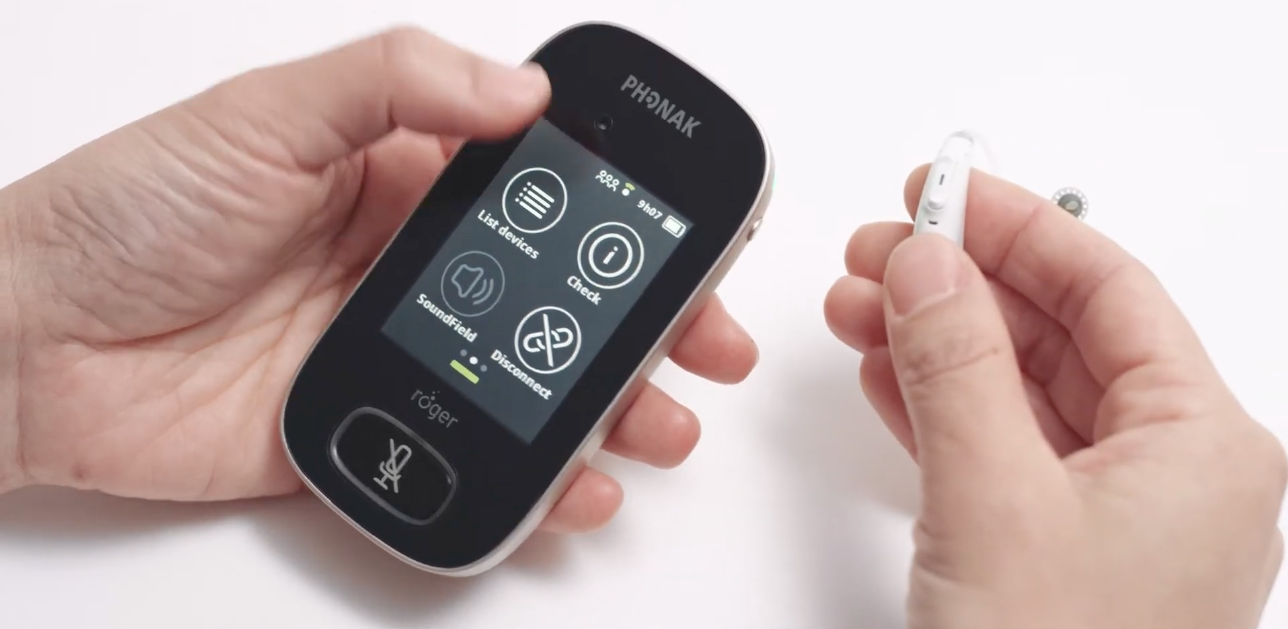AP treatment
Treatment for Auditory Processing Disorder (APD) can enhance auditory processing and quality of life. It aids children in catching up with peers and staying focused in class, while adults benefit in academics, careers and psychosocial development.
APD is often accompanied by and exacerbates other conditions that are particularly evident in children. Often the behavioural symptoms of these conditions are treated, but the underlying auditory processing issues are left undiagnosed and therefore untreated.
The auditory system is an ideal focal point for intervention as it influences many areas of functioning and behaviour. A person’s auditory system is fully developed by the age of 15. So, many children diagnosed with APD can develop better skills over time as their auditory system matures. While there is no known cure for APD, there are a range of effective treatment and support options available that can help people develop excellent communication skills.
The treatment plan used to help a person with APD will depend on the type of deficit that is diagnosed and includes some or all of the following:
Auditory Training
You can’t understand words if you can’t understand sounds. Auditory training aims to improve the ability of the brain to process sounds effectively by providing training stimuli that challenges the auditory system. It systematically trains parts of the brain to understand speech better. It uses various structured exercises and activities to improve a person’s ability to perceive and understand speech sounds and to distinguish between similar sounding words.
Phonemic Training strengthens phonemic decoding skills. This training helps people in the many skills that require quick and accurate decoding of speech (including important auditory skills used for reading and spelling).
Phonemic Synthesis Training strengthens a person’s phonemic knowledge and to help learn to be effective in manipulating phonemes and to relate speech sounds to words.
Phonemic Analysis Training is the opposite of Phonemic Synthesis training and is undertaken after there has been good progress in PS. One takes words and breaks them up into the individual sounds, and the other, puts individual sounds into words.
Speech-in-Noise Training is desensitisation training, and it is recommended to improve a person’s ability to pull out the speech of interest from backgrounds of noise. This also improves tolerance for noise while improving listening skills.
Dichotic Offset Training is a procedure that is used to improve binaural listening.
Localisation Training improves the ability to identify where sounds come from, a critical skill for sorting background noise and for knowing where we are.
Short Term Auditory Memory Training – working memory problems can be improved by rote memory drills. This includes work with digits, words, sentences and eventually commands.
Management strategies
A personal frequency modulation (FM) device or sound-field amplification (SFA) system can be used to improve the signal-to-noise ratio in the classroom. FM systems are available to purchase or rent through Mackay Hearing to facilitate an improvement in hearing, speech and language development. Mackay Hearing can also assist schools, workplaces or community centers in fitting an SFA to their facilities.
Environmental modification/compensation
Practical classroom strategies can be provided to help reduce the effects of APD on learning at school.
The effectiveness of any treatment program will depend on the awareness, cooperation and diligence of your or your child’s support network. In addition to parents, it is important that teachers and other prominent figures in your and your child’s life are counselled on how best to manage and help treat the condition. At Mackay Hearing, we provide information directed at teachers, other family members, other relevant health professionals and employers, to ensure you or your child reaches their learning potential, career performance potential and psychosocial development.
It is important to take an holistic approach to auditory processing and to consider its place within the larger concepts of listening and understanding. It forms one part of our larger ability to listen and understand: the other parts being language (best assessed by a speech-language pathologist), and attention, memory and cognition (best assessed by a psychologist or occupational therapist). All parts of listening and understanding must be considered when diagnosing and managing APD.
Consider an APD diagnosis and auditory training to overcome learning and listening challenges. Speak to your GP for a referral to our clinic – self referrals also accepted.
If you would like any more information on APD testing, or how to prepare for your or your child’s AP appointment, please contact our friendly local team on 4952 4649 or email us at listening@mackayhearing.com.au



